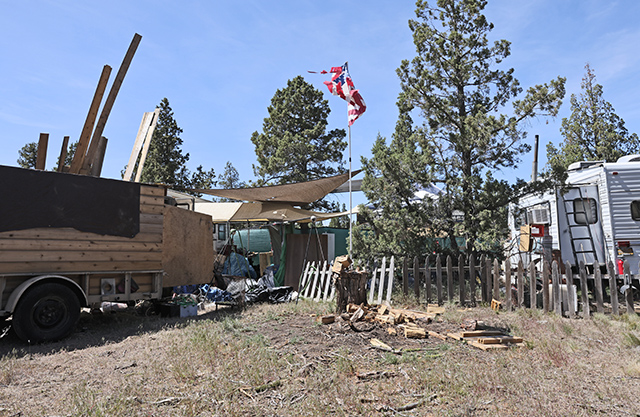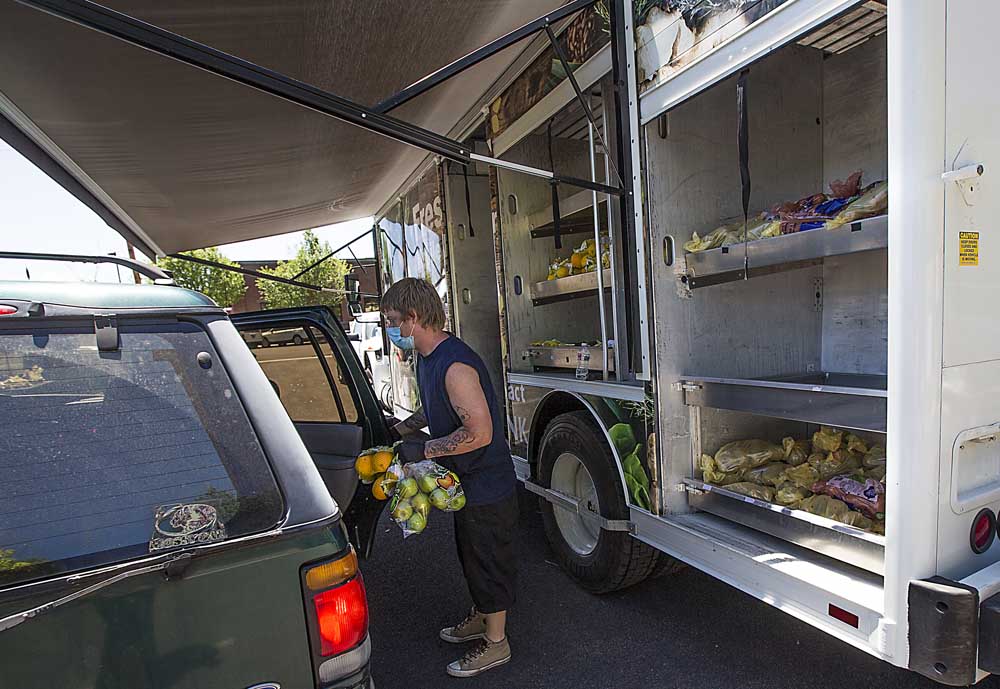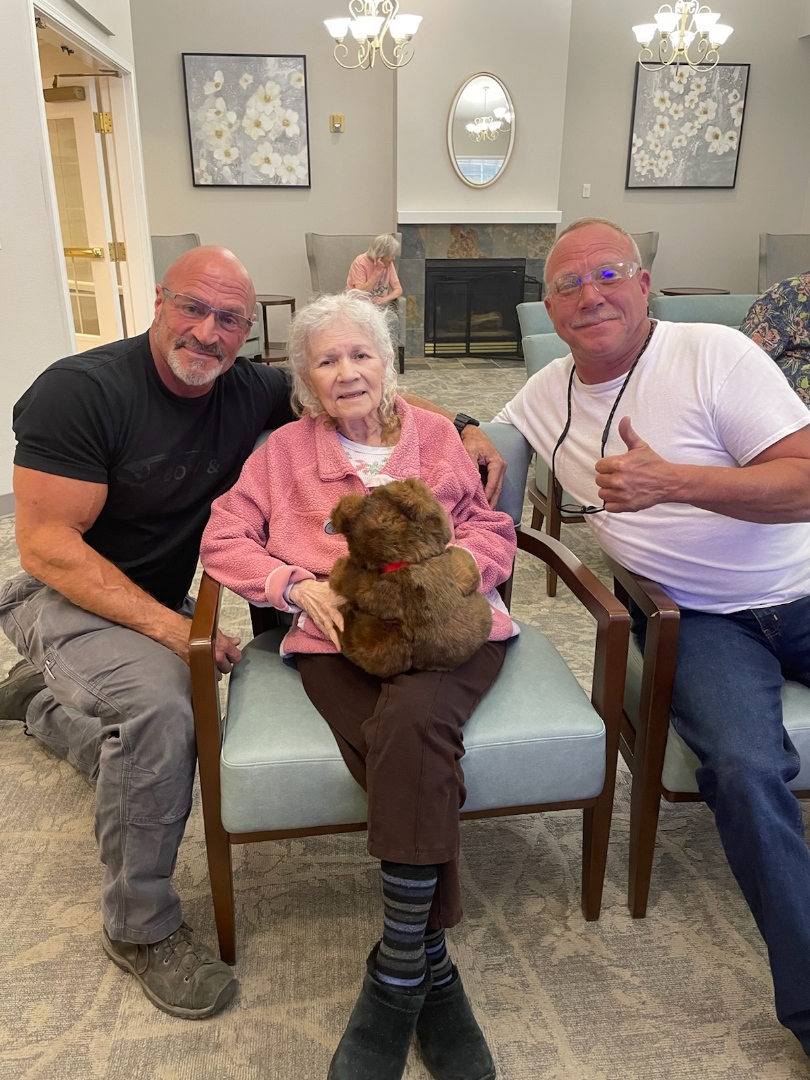Owner of mobile home park sues Bend over M37
Published 4:00 am Thursday, January 25, 2007
The owner of a mobile home park in south Bend recently sued the city to collect $6.7 million in compensation from a Measure 37 claim stemming from the city’s mobile home ordinance.
The lawsuit was filed in Deschutes County Circuit Court on behalf of Butterfly Holdings LLC. The business owns and plans to redevelop the land where the Parrell-Sisters mobile home parks are located, on Parrell Road between Powers and Badger roads.
The tenants of the parks, which hold a total of 82 spaces for mobile homes, have until March to move.
Butterfly Holdings filed the Measure 37 claim in July, one month after the City Council adopted a controversial mobile home ordinance to protect tenants facing eviction.
The ordinance requires the park owner to either pay the fair market value of the mobile home to the park tenant or cover the cost of relocating the home.
Butterfly Holdings sought a waiver of the ordinance in its Measure 37 claim.
Measure 37 allows a property owner to seek compensation or a waiver of land use regulations when those regulations reduce the value of the land.
The property owner must have owned the land before those regulations went into effect for the measure to apply.
The state measure includes a 180-day deadline to grant the waiver or not. If a government body takes no action, the property owner may seek damages, according to the state Department of Land Conservation and Development.
In the lawsuit filed last week, Butterfly Holdings said the city failed to meet that deadline and must compensate the business.
City Attorney Peter Schannauer said the lawsuit is baseless.
”The mobile home park ordinance is not a land use regulation, it’s not subject to Measure 37,” he said.
The ordinance is meant ”for the protection of public health and safety,” according to the text, by easing the social and economic impact of eviction on park tenants.
At the local level, Measure 37 specifically governs city and county comprehensive plans and regulations concerning zoning, land division and transportation, Schannauer said, and the mobile home park ordinance is none of those.
He said the state Land Use Board of Appeals declined to hear appeals hinging on the mobile home park ordinance because the board, too, ruled that Bend’s ordinance did not concern land use.
Martin Hansen, the attorney for Butterfly Holdings, argued the opposite.
He said an amendment to the ordinance, which created ”Manufactured Home Park Overlay Zone” where the Parrell-Sisters mobile home parks sit, makes it qualify.
”The ordinance creates a whole new zone. That’s clearly land use,” Hansen said.
He said the city also did not contest the filing of the Measure 37 claim.
”If there’s something wrong with the application, like it doesn’t apply, they have two weeks to return it to us,” Hansen said.
Schannauer replied that the ordinance did not include the zoning language at the time the Measure 37 claim was filed. He said the amendment, creating the overlay zone, is not relevant in the current lawsuit.
The City Council attempted to broker a compromise with Butterfly Holdings in December.
The council said it would allow high-density development and ensure speedy permitting if the business agreed to create more than 100 affordable homes, for residents who make between 60 and 100 percent of the local annual median income.
Hansen said the proposal drafted by the city was unacceptable, and the attempt to strike a deal died.
He said he believes Bend’s mobile home ordinance will eventually be overturned in court.
The Bend ordinance was modeled after a similar ordinance in Wilsonville that, according to a recent ruling by a Clackamas County judge, violated state law.






